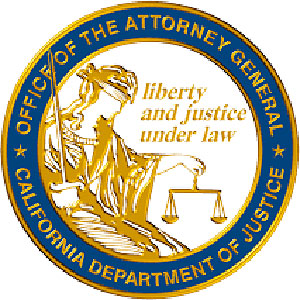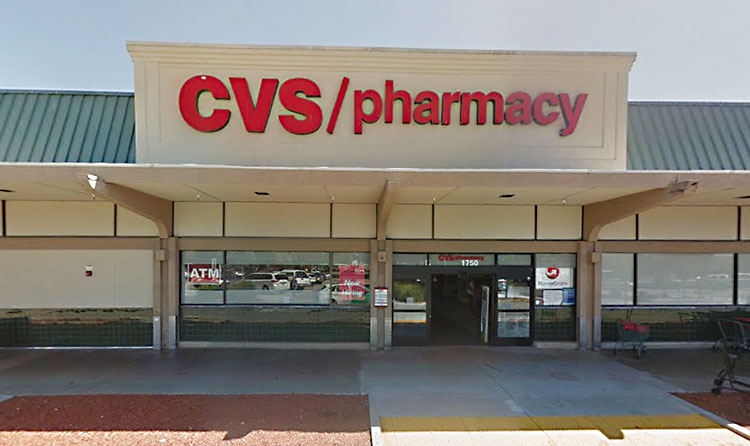On Jan. 3, Attorney General Rob Bonta announced California has signed onto a $5 billion multistate settlement agreement with CVS to resolve allegations that the company helped fuel the opioid crisis by failing to appropriately oversee the dispensing of opioids at its pharmacies.
 The settlement is expected to provide up to $469.8 million in funding to California to combat the opioid crisis.
The settlement is expected to provide up to $469.8 million in funding to California to combat the opioid crisis.
The announcement comes on the heels of similar announcements involving Walmart and Walgreens in recent weeks. The announcement with Walgreens was for $5.7 billion, including $500 million for California, and with Walmart for $3.1 billion, including $265 million for California.
“Too many people in California and beyond have had their lives and futures ripped apart by the opioid crisis,” Bonta said. “The funds from this settlement will help bring much-needed relief to our communities and will ensure CVS changes its business practices to keep such a crisis from ever happening again.”
Funds from the settlement with CVS will be divided among participating states and local governments. The vast majority of settlement funds must be used to combat the opioid crisis, including by providing treatment and recovery services to people struggling with opioid use disorder.
The settlement will have court-ordered injunctive relief requirements to help prevent this type of crisis in the future, including:
- A Controlled Substance Compliance Program to ensure compliance with injunctive terms, to train employees, and to help prevent drug diversion;
- A requirement to investigate and resolve prescriptions with potentially suspicious “red flags” before dispensing the drug;
- Site visits and compliance reviews of individual pharmacy locations; and
- An agreement to provide unblinded “867” sales data from the company’s distributor to drug manufacturers, which will help identify and prevent drug diversion.
An executive committee of attorneys general from California, Colorado, Connecticut, Delaware, Illinois, Indiana, Iowa, Kentucky, Louisiana, Massachusetts, Nebraska, New York, North Carolina, Ohio, Pennsylvania, Rhode Island, Tennessee, and Texas were lead negotiators on this deal.
If sufficient states sign on to the settlement, the agreement will go to local governments around the country for sign-on during the first quarter of 2023.

